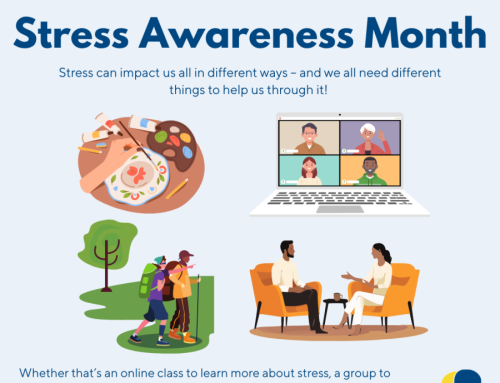Celebrating Eid-al-Fitr
To celebrate Eid our colleague Gul H has written the following piece to explain about the festivities.
Eid-al-Fitr is said to have originated when the Prophet Muhammad (PBUH) arrived in the city of Medina, he found some people celebrating two explicit days on which they used to entertain themselves with recreation and merriment. When he asked about this, the response was that these days were occasions of fun. At this moment, the Prophet remarked that the Almighty has fixed two days of festivity instead of these which are better: Eid al-Fitr and Eid-al-Adha. Ultimately, it encourages Muslims to forgive and forget any differences, hostilities with others which may have occurred in that year.
Eid-al- Fitr is the ‘festival of breaking the fast’ which is an important religious holiday celebrated by Muslims across the world. It denotes the end of a whole month of spiritual cleansing through the month of Ramadan. As well as forgiveness, self-reflection and undertaking peaceful contemplation, the religious obligation sees Muslims give thanks to Allah for giving them the strength to get through the month of Fasting.
Eid-al-Adha is an Islamic festival to commemorate the willingness of Abraham to follow Allah’s command to sacrifice his son Ishmael as submission. Abraham being the good servant accepted but at the last minute Allah intervened and replaced Ishmael with a lamb instead. Eid also marks the end of the Hajj Pilgrimage to Mecca which is an integral part of Muslim faith.
General Ceremonies:
- Typically Muslims wake up early, offer Fajr prayer, and follow the Prophet’s tradition such as brushing teeth, showering before praying, put on new clothes and apply perfume. Families will often visit the graves of their loved ones to pray that their souls find peace.
- Eid-al-Fitr has a particular Islamic Prayer which is generally offered in the Mosque or large main hall in the morning of the day.
- Saying ‘Eid Mubarak’ as a greeting during the day.
- The event is celebrated with family and friends, cooking lavish meals and gift-giving.
- It is common to give to charity for the poor and the needy
- It is recommended that the route taken to prayer is different to the route taken on the way back home; this is to meet as many different people as possible to greeting them with the saying ‘Eid Mubarak’





